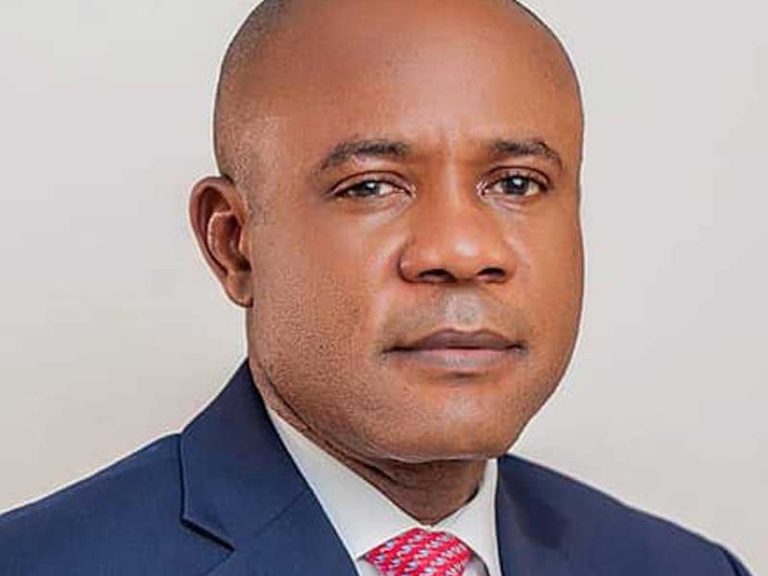In a seismic political shift, Enugu State Governor Peter Mbah, his deputy Ifeanyi Ossai, the state cabinet, and the entire political structure have abandoned the Peoples Democratic Party (PDP) for the ruling All Progressives Congress (APC). This defection, announced yesterday, marks the end of PDP’s influence in the Southeast, as Enugu was the last PDP-controlled state in the region following the 2023 elections. The move significantly bolsters APC’s dominance ahead of the 2027 elections.

Vice President Kashim Shettima, representing President Bola Tinubu at a reception for Mbah and his supporters at Michael Okpara Square in Enugu, hailed the defection as an endorsement of APC’s vision. He attributed the wave of defections to Tinubu’s inclusive leadership, listening skills, and commitment to merit, which have made APC “the most formidable political platform in Africa.” Shettima noted that the opposition’s “cracks” are evident, while APC’s “bridges” of trust and progress are strengthening.

“Governor Mbah has always been one of us, a progressive hiding a broom in his PDP umbrella,” Shettima quipped, welcoming Mbah as a key leader in APC and urging him to rebuild the party in Enugu. He assured Mbah of Tinubu’s full support to deepen development and democratic dividends in the state.

APC National Chairman Nentawe Yilwatda praised Mbah’s transformative achievements in education and infrastructure, stating, “He has a progressive heart, and we are glad to welcome him home.” Senate President Godswill Akpabio and Speaker Tajudeen Abbas celebrated the defection as a historic moment, predicting it could lead the entire Southeast to join APC. Imo State Governor Hope Uzodinma, Chairman of the Progressive Governors Forum, expressed confidence that Mbah’s move would strengthen Tinubu’s support in the region.
Mbah’s Rationale for Defection
Addressing a large crowd, Mbah described his move to APC as a “new beginning” and a collective decision by Enugu’s political family, including National Assembly members, state executives, local government chairmen, councillors, and party officials. He thanked PDP for providing the platform for his 2023 election victory but cited its failure to zone the presidency to the Southeast and recognize key leaders like Sunday Udeh-Okoye as betrayals of fairness.

“For over three decades, Enugu walked with PDP, but our voices were often disregarded when it mattered most,” Mbah said. He emphasized that the defection was not driven by resentment but by a pursuit of fairness, respect, and alignment with national progress. Mbah praised Tinubu as a visionary leader who sees Enugu as a pillar of national development, stating, “This is about aligning with the center to match our ambition and secure a compelling future.”
Mbah reaffirmed his commitment to completing ongoing projects and serving Enugu’s people, underscoring that leadership is about service, not self-interest.

Political Implications
With Enugu’s defection, PDP’s influence in the Southeast has collapsed, leaving APC unchallenged in the region. The move exposes deep fractures in PDP’s national structure and strengthens APC’s position as Nigeria’s dominant political force. Shettima highlighted APC’s appeal as a platform where “ideas find expression, ambitions find direction, and patriotism finds partnership.”
The reception was attended by prominent figures, including former Enugu governors Sullivan Chime and Ifeanyi Ugwuanyi, former Senate President Ken Nnamani, APC National Working Committee members, and other party leaders.
As Mbah assumes leadership of APC in Enugu, the defection sets a critical precedent for the Southeast’s political alignment and APC’s national strategy heading into 2027.




